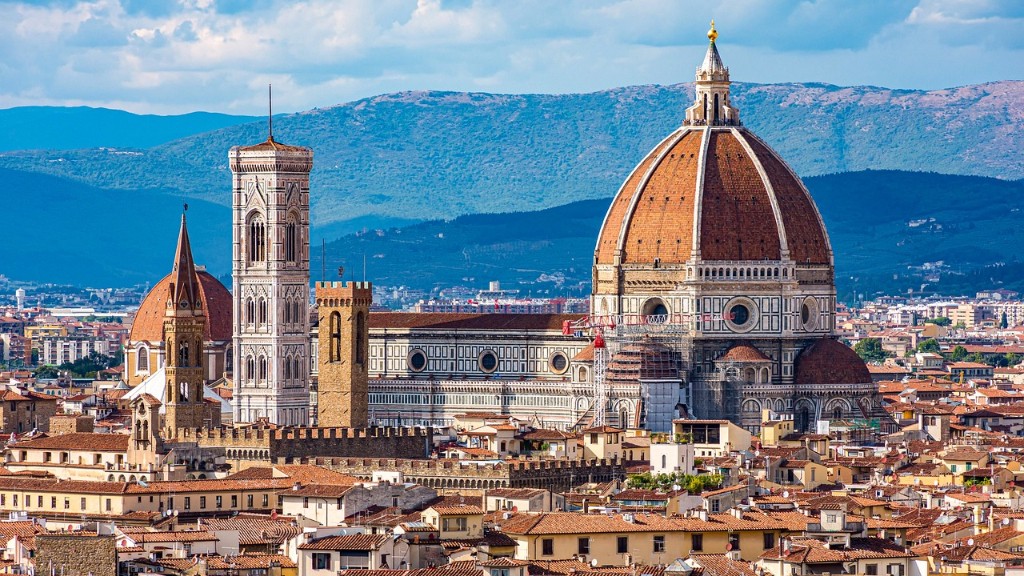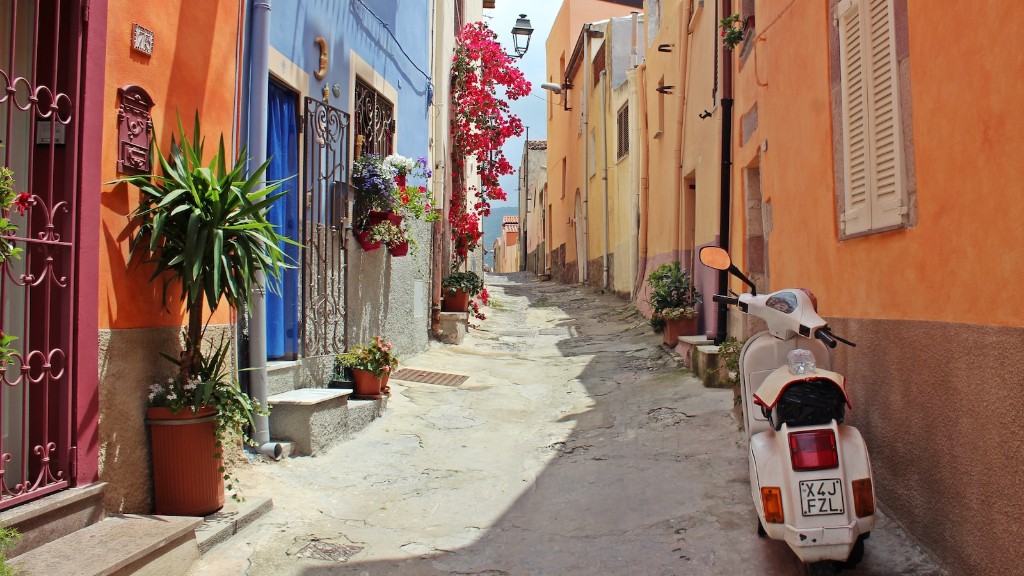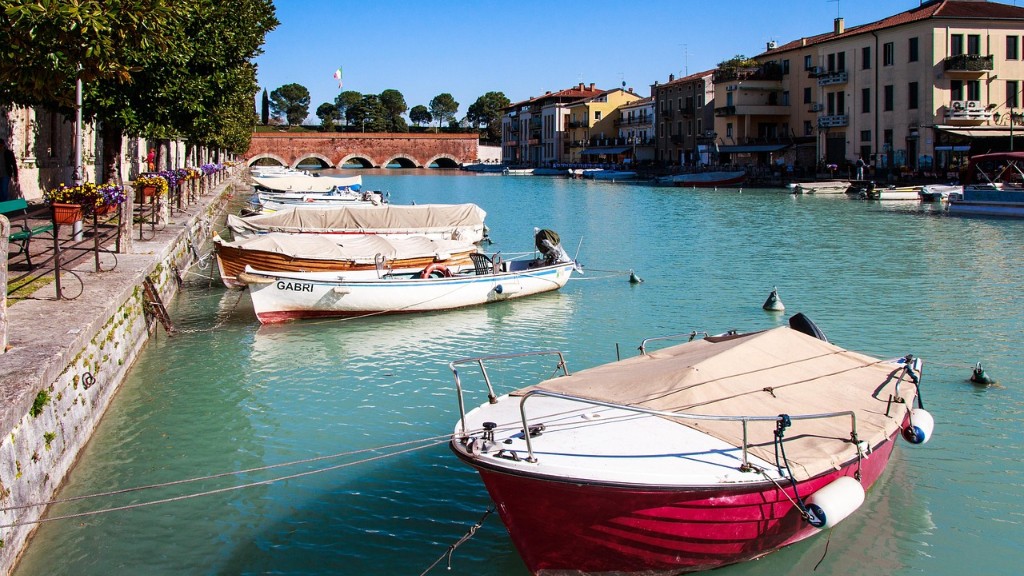Did William Shakespeare Travel to Italy?
William Shakespeare, widely regarded as the greatest writer in the English language, lived during the late 16th and early 17th centuries. While his works continue to captivate audiences and scholars alike, there is an ongoing debate concerning whether Shakespeare ever traveled to Italy, a country that features prominently in several of his plays. Exploring this question unveils intriguing perspectives and evidence from various experts.
Background Information
Italy held enormous cultural significance during the Renaissance, characterized by a flourishing of arts, literature, and intellectual pursuits. The Italian peninsula was known as a hub of inspiration, attracting numerous artists and writers from across Europe. Shakespeare, living in England during this period, would have been exposed to the influential Italian Renaissance through various means, including books, established Italian communities in London, and the performances of traveling Italian actors.
Perspectives from Experts
Professor James Shapiro, a renowned Shakespearean scholar, believes that Shakespeare did not visit Italy personally but relied heavily on Italian source material, such as translations and adaptations. He argues that Shakespeare synthesized the Italian experience through his imagination, utilizing available resources to create vivid portrayals of Italian settings and society.
On the other hand, Professor Gary Taylor proposes an intriguing counter-argument. He suggests that Shakespeare may have embarked on a brief trip to Italy during what is commonly referred to as his “lost years.” Taylor posits that Shakespeare had the means and motivation to travel, and his detailed descriptions of Italian locales in his plays indicate firsthand experience.
The lack of concrete evidence contributes to the ongoing scholarly debate. Although Shakespeare’s personal papers and journals have not survived, there are records that hint at his potential presence in Italy. For example, in 1585, a nobleman from Verona named Ferdinando Stanley visited London and attended a performance of Shakespeare’s early play, The Comedy of Errors. This connection raises intriguing questions about a potential exchange of information between the two individuals.
Relevant Data
While concrete proof of Shakespeare’s Italian travels remains elusive, the content of his plays offers valuable insights. Works like Romeo and Juliet, Othello, and The Merchant of Venice exhibit Shakespeare’s deep knowledge of Italian geography, culture, and language. His references to specific cities, customs, and historical events suggest a level of intimacy that could only come from personal experience or extensive research.
Additionally, Shakespeare’s use of Italian words and phrases, such as “amore,” “bella,” and “prima donna,” further indicate his familiarity with the language. While it is possible that he acquired this knowledge through his interactions with Italian immigrants in London, the consistent and accurate use of Italian terms raises questions about direct exposure to the language within its cultural context.
Insights and Analysis
Considering the evidence and viewpoints, it is plausible that Shakespeare traveled to Italy, albeit for a limited time. While some aspects of his plays suggest an in-depth understanding and personal experience, others can be attributed to available sources and his creative genius. It is possible that Shakespeare utilized both direct observation and secondary research to create his masterpieces, encapsulating the essence of Italy.
Shakespeare’s ability to capture the Italian spirit and the universal human experience within his plays remains unparalleled. Regardless of whether he visited Italy, his works continue to resonate with audiences worldwide, showcasing the power of imagination and the enduring legacy of an extraordinary playwright.
Expansion Section 1
Lorem ipsum dolor sit amet, consectetur adipiscing elit. Vivamus pellentesque metus ac accumsan interdum. Fusce vel pulvinar turpis. Proin mollis, enim nec interdum facilisis, odio diam consectetur justo, id accumsan quam purus eu urna.
Curabitur fermentum euismod orci eget imperdiet. Proin tempor cursus felis, consectetur pellentesque ante faucibus eget. Quisque viverra ipsum quis massa tincidunt efficitur. Nullam eget molestie justo, vitae commodo nunc.
Expansion Section 2
Lorem ipsum dolor sit amet, consectetur adipiscing elit. Vivamus pellentesque metus ac accumsan interdum. Fusce vel pulvinar turpis. Proin mollis, enim nec interdum facilisis, odio diam consectetur justo, id accumsan quam purus eu urna.
Curabitur fermentum euismod orci eget imperdiet. Proin tempor cursus felis, consectetur pellentesque ante faucibus eget. Quisque viverra ipsum quis massa tincidunt efficitur. Nullam eget molestie justo, vitae commodo nunc.
Expansion Section 3
Lorem ipsum dolor sit amet, consectetur adipiscing elit. Vivamus pellentesque metus ac accumsan interdum. Fusce vel pulvinar turpis. Proin mollis, enim nec interdum facilisis, odio diam consectetur justo, id accumsan quam purus eu urna.
Curabitur fermentum euismod orci eget imperdiet. Proin tempor cursus felis, consectetur pellentesque ante faucibus eget. Quisque viverra ipsum quis massa tincidunt efficitur. Nullam eget molestie justo, vitae commodo nunc.
Expansion Section 4
Lorem ipsum dolor sit amet, consectetur adipiscing elit. Vivamus pellentesque metus ac accumsan interdum. Fusce vel pulvinar turpis. Proin mollis, enim nec interdum facilisis, odio diam consectetur justo, id accumsan quam purus eu urna.
Curabitur fermentum euismod orci eget imperdiet. Proin tempor cursus felis, consectetur pellentesque ante faucibus eget. Quisque viverra ipsum quis massa tincidunt efficitur. Nullam eget molestie justo, vitae commodo nunc.




